January 2, 2018
No Comments
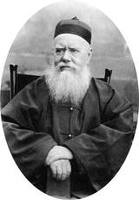 Most of us have at least heard the name of Hudson Taylor. Perhaps many of us know something about his life’s work, his beautiful relationship with Maria, and his establishment of the China Inland Mission. However, it seems that well known missionaries are often viewed as super-spiritual giants of faith who seldom, if ever, struggle with the “common” battles of “ordinary” Christians.
Most of us have at least heard the name of Hudson Taylor. Perhaps many of us know something about his life’s work, his beautiful relationship with Maria, and his establishment of the China Inland Mission. However, it seems that well known missionaries are often viewed as super-spiritual giants of faith who seldom, if ever, struggle with the “common” battles of “ordinary” Christians.
This is certainly far from the truth. Though the circumstances in which a missionary is engaged in battle may be more dramatic than those faced at home, victory is achieved in the same way in both locations – and it has little to do with the supposed spiritual invincibility of the missionary soldier. Hudson and Maria Taylor were people just like you and me, with the same flesh, the same weapons, and the same God.
The founding of the China Inland Mission marked the beginning of a new conquest: the advancement of the glory of God into the interior of China. The Taylors’ policy of identifying with the Chinese by adopting their dress, language, and culture was changing the image of Christianity from a Western religion to a universal religion. As the soldiers of God advance, however, it is certain that the enemy’s attack will intensify.
The first wave of trouble for the Taylors was dissension and disloyalty among certain members of the mission stationed in another town. Pride swelled hearts and caused some to rebel against the mission’s principles. They returned to dressing and eating as Westerners, which caused confusion and mistrust among the Chinese toward the Christians. The result was a riot, the beating of a Chinese Christian, and the forcible expulsion of the estranged missionaries from the town. Yet, the personal attack against the Taylors continued, including letters written to smear their reputation in their home country.
Though they were hurt deeply, Hudson and Maria chose forgiveness and love over anger and bitterness. Victory was not found by striving in their own power, but by relying on God’s. Abiding in God’s grace allowed them to overcome their natural response and live the love of Christ, which would faithfully sustain them through every trial to come.
The early years of the China Inland Mission (CIM) brought tremendous struggles to Hudson and Maria Taylor. During this time of tempest and tragedy, though, the mission did not lose focus on their purpose: they pressed inland to pioneer new stations and carried on with the work at the home base. In August of 1867, the Taylors’ oldest daughter became ill. Hudson had to leave her side for a day, but he hoped to find little Gracie well when he returned. However, an urgent message that a missionary at another station was sick took him further away from his daughter. Discovering it was a false alarm, he rushed home, only to find Gracie languishing. Hudson diagnosed her condition, but it was too late. She died, leaving her father wondering if an earlier return could have saved her.
June of 1868 found the Taylors and several other missionaries moving to the city of Yangchow to begin a new work. During this time, the feelings of the Chinese toward missionaries were changing. The situation, inflamed by suspicion and rumors, came to a head on August 16th. A mob attacked the station with a lust for loot and blood. The missionaries escaped from a second story window, and one man of their number suffered a serious injury. The Taylors demanded and desired no restitution, but they soon found themselves in the middle of a political storm. The English government stepped into the situation, and soon the missionaries were being accused of inciting riots, demanding redress, and preaching the gospel with English guns.
Attacked from all sides, Hudson also began to feel the weight of his own failures. Like every Christian who desires Christ’s life, he longed for freedom from self and sin and intensely struggled to find it. The answer he discovered was a profoundly simple truth that continues to hold power for those who realize it today.
“Not a striving to have faith, or to increase our faith, but a looking at the faithful One seems all we need. A resting in the loved One entirely, for time, for eternity. It does not appear to me as anything new, only formerly misunderstood. To let my loving Savior work in me His will…abiding, not striving or struggling.” (179)
Pollock, J. C. Hudson Taylor and Maria.
 Brother Johnny Leslie, missionary to Croatia, was preaching about John the Baptist having his head cut off. He should have said odrezati but instead said narezati. Both words mean “cut,” but the congregation roared with laughter because narezati is only used when talking about slicing something like salami!
Brother Johnny Leslie, missionary to Croatia, was preaching about John the Baptist having his head cut off. He should have said odrezati but instead said narezati. Both words mean “cut,” but the congregation roared with laughter because narezati is only used when talking about slicing something like salami!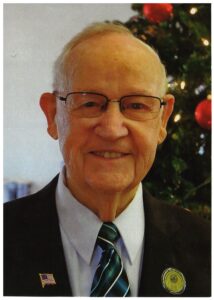
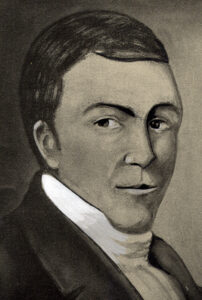

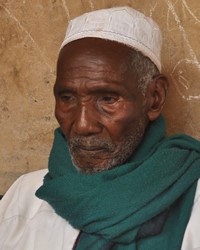
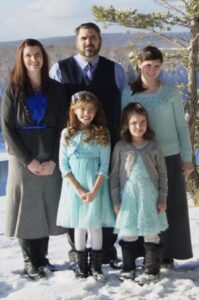
 There was no headstone for Charlotte Rowe until her name was uncovered among the missionaries appointed by American Baptist International Ministries during research as it prepared for its 200th anniversary.
There was no headstone for Charlotte Rowe until her name was uncovered among the missionaries appointed by American Baptist International Ministries during research as it prepared for its 200th anniversary.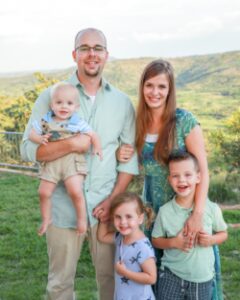
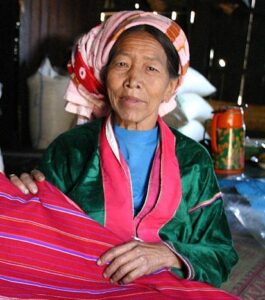

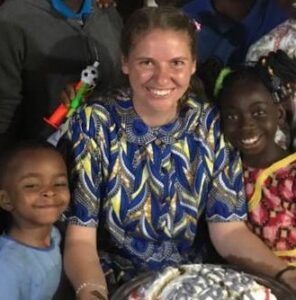
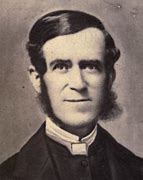
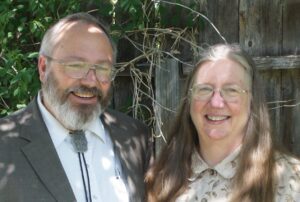

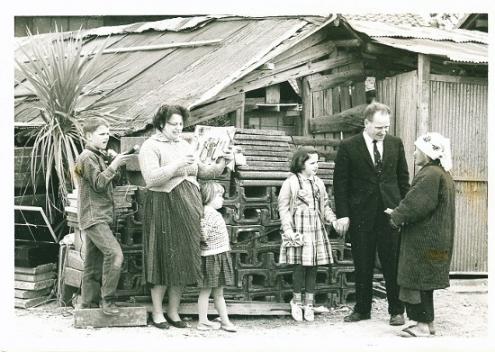
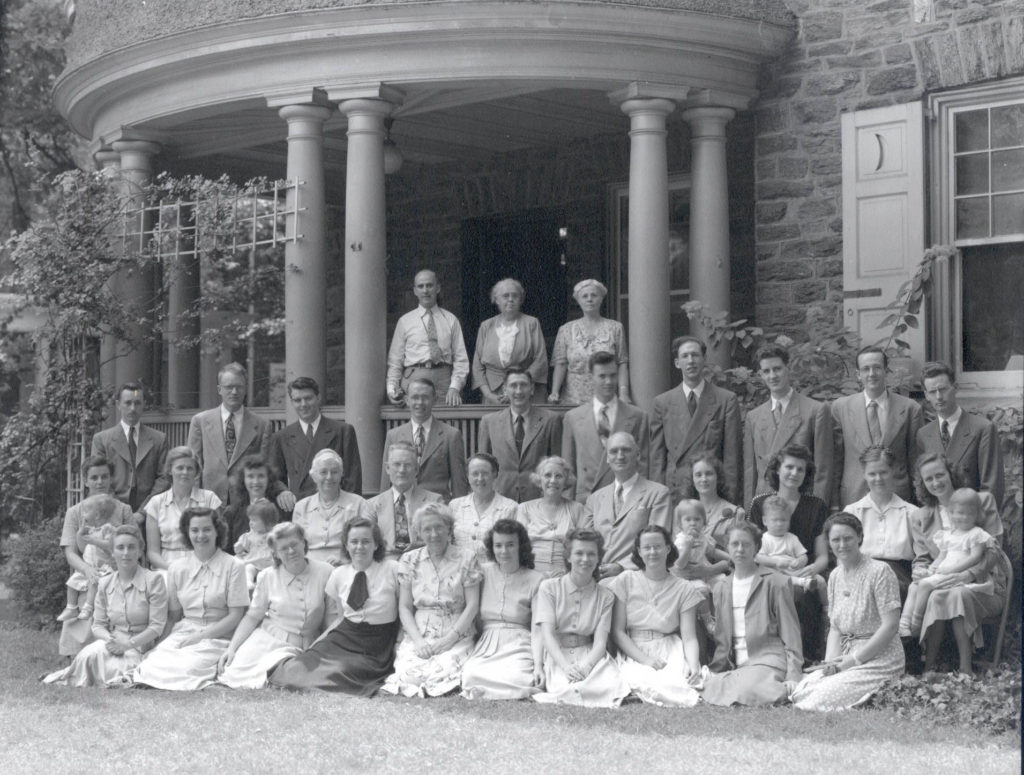

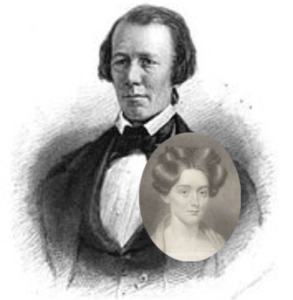 “And shall I now draw back? Shall I withhold anything from Jesus?” —Eliza Grew Jones, March 24, 1830
“And shall I now draw back? Shall I withhold anything from Jesus?” —Eliza Grew Jones, March 24, 1830 Most of us have at least heard the name of Hudson Taylor. Perhaps many of us know something about his life’s work, his beautiful relationship with Maria, and his establishment of the China Inland Mission. However, it seems that well known missionaries are often viewed as super-spiritual giants of faith who seldom, if ever, struggle with the “common” battles of “ordinary” Christians.
Most of us have at least heard the name of Hudson Taylor. Perhaps many of us know something about his life’s work, his beautiful relationship with Maria, and his establishment of the China Inland Mission. However, it seems that well known missionaries are often viewed as super-spiritual giants of faith who seldom, if ever, struggle with the “common” battles of “ordinary” Christians.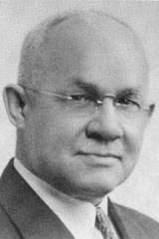 The year was 1914. William Christie had called China and Tibet home for twenty-two years when the outlaw band led by Bai Lang (also known as “White Wolf”) swept through Central China, ruthlessly pillaging and slaughtering. Through God’s protection, the missionaries of Min Chow were spared the physical harm that ravished their city and many others.
The year was 1914. William Christie had called China and Tibet home for twenty-two years when the outlaw band led by Bai Lang (also known as “White Wolf”) swept through Central China, ruthlessly pillaging and slaughtering. Through God’s protection, the missionaries of Min Chow were spared the physical harm that ravished their city and many others.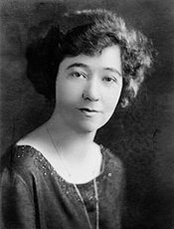 After twenty-two years of serving the Lisu, John and Isobel Kuhn came to a brick wall. It was 1950, and the communists recklessly took over China. With an uncertain future, Isobel (Belle) decided to take six-year-old Daniel to America for schooling. John agreed with their mission agency to survey Thailand before joining her. He assured Belle he would make no promises until they had discussed together the possibility of serving in Thailand.
After twenty-two years of serving the Lisu, John and Isobel Kuhn came to a brick wall. It was 1950, and the communists recklessly took over China. With an uncertain future, Isobel (Belle) decided to take six-year-old Daniel to America for schooling. John agreed with their mission agency to survey Thailand before joining her. He assured Belle he would make no promises until they had discussed together the possibility of serving in Thailand.